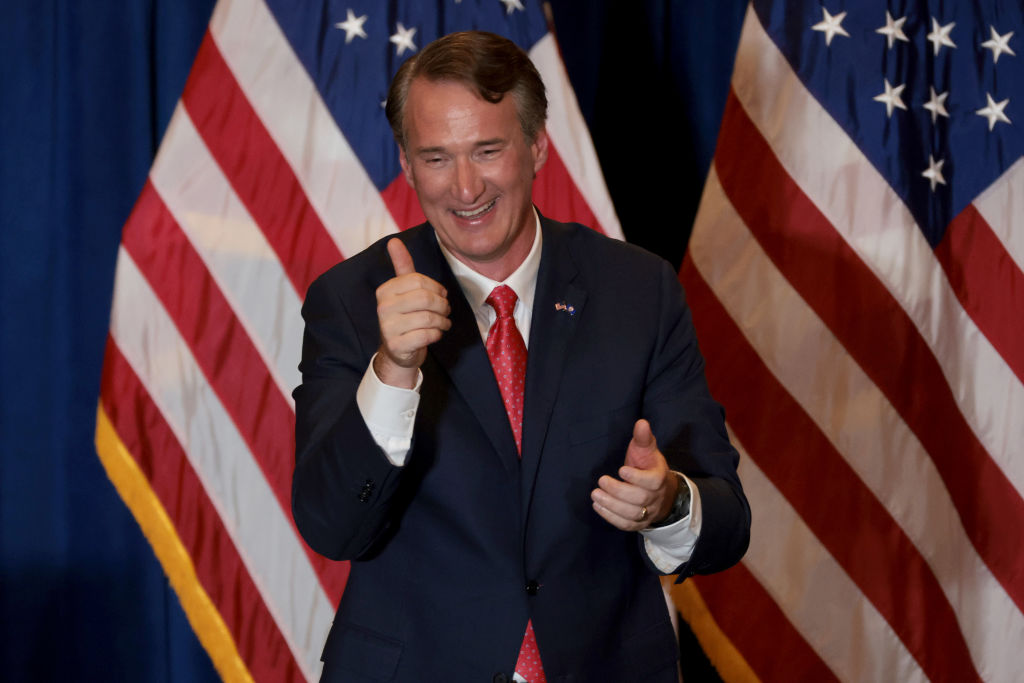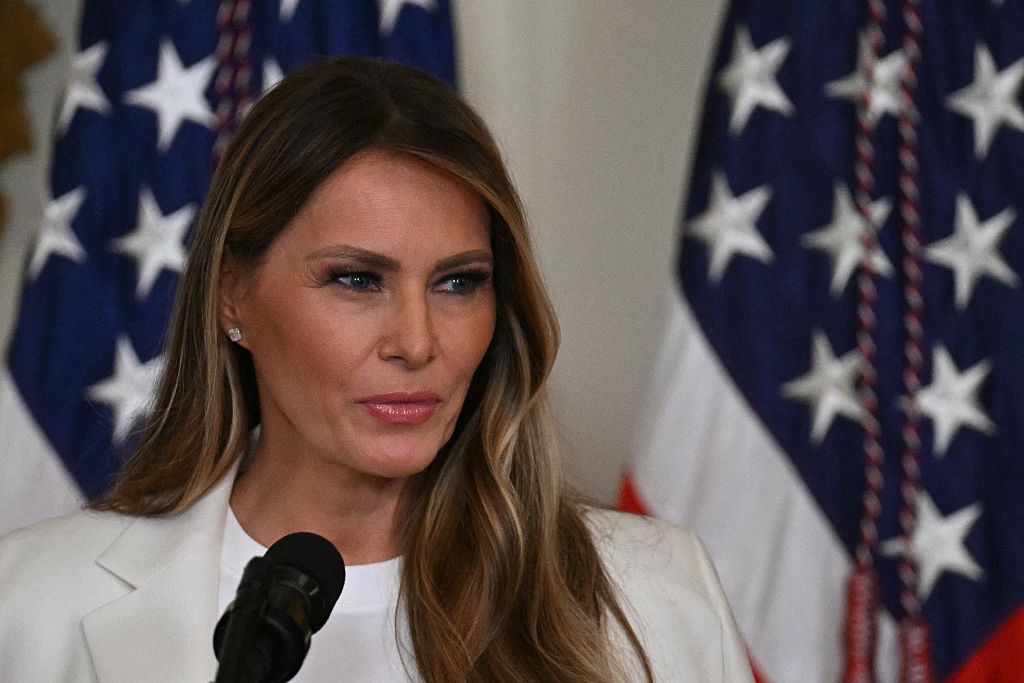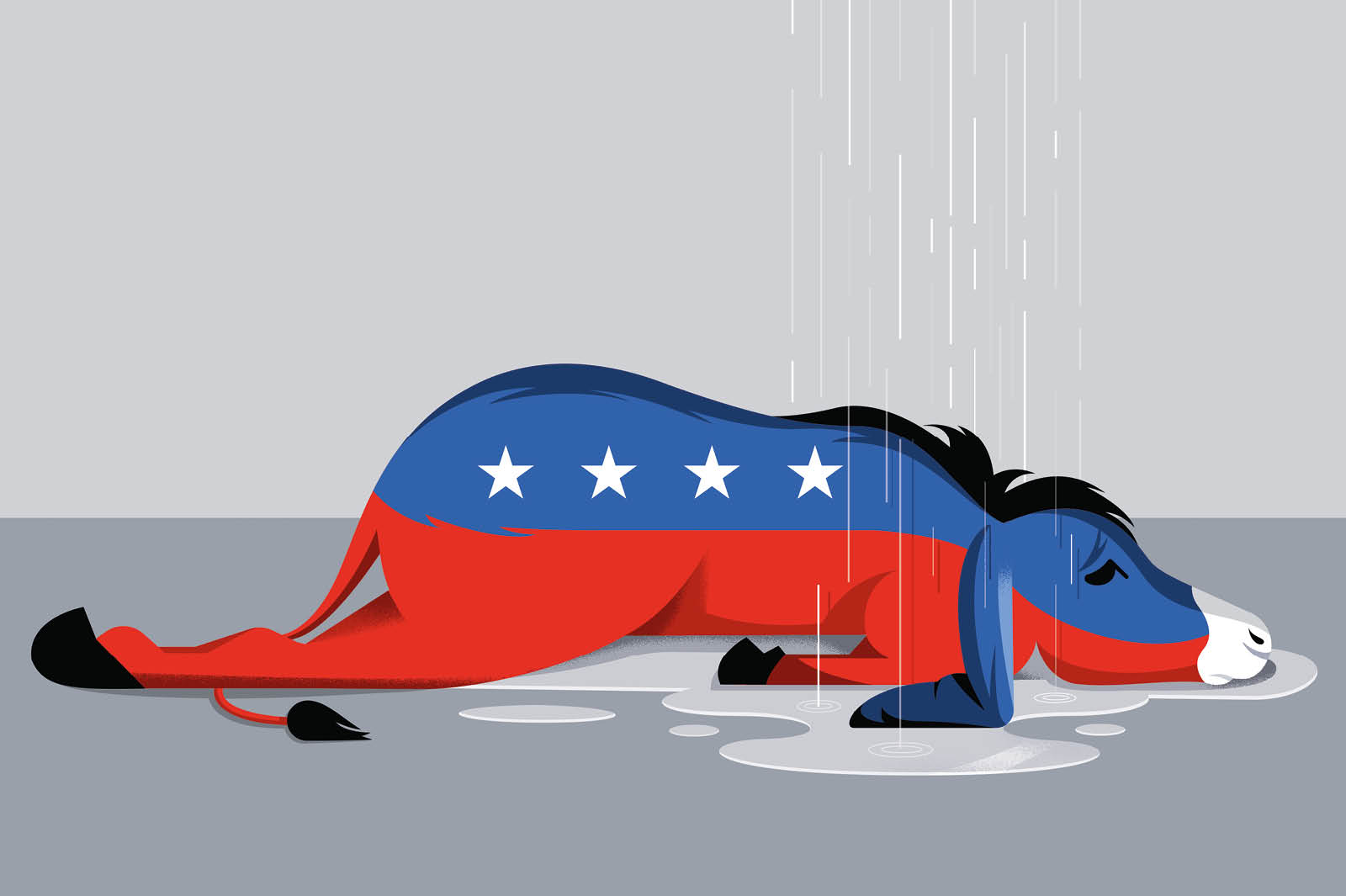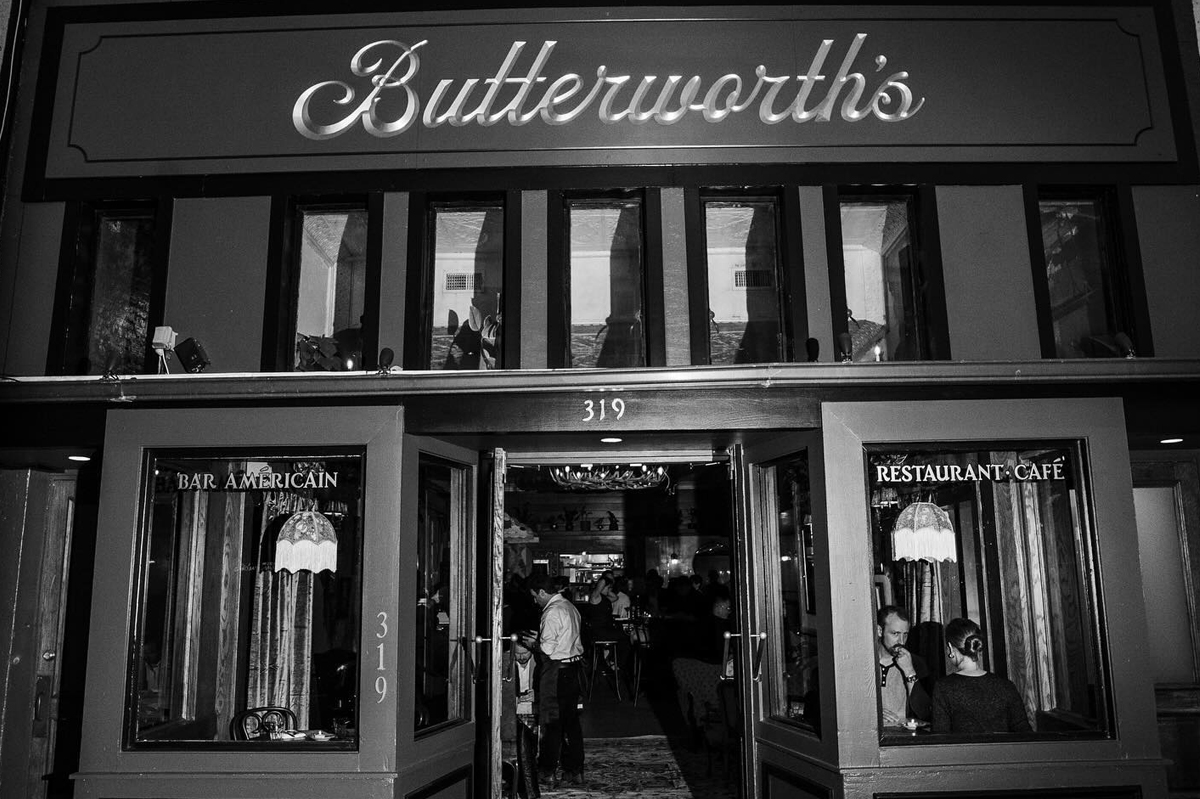This time next year, Republicans expect to be back in control of Congress. They are already celebrating, as 2022 sees Glenn Youngkin newly sworn in as governor of Virginia. For a wide swath of GOP activists and consultants (and not a few voters, too), Youngkin is the face of a Republican Party that can win — with or without Donald Trump.
Youngkin had Trump’s endorsement last November. Youngkin was as eager to promote this as his Democratic opponent was, but the endorsement helped rather than hurt him. Trump voters’ residual skepticism toward a nominee who had recently been head of the Carlyle Group — a private equity firm long synonymous with insiderdom and globalism — was overcome by the rise of Critical Race Theory as a pivotal campaign issue. Many in the Trump wing of the GOP see Youngkin’s victory as another triumph of populism, despite the candidate’s own elite background. But the anti-Trump wing of the GOP found a lot to like in Youngkin as well.
The anti-Trump wing does not, for the most part, consist of outspoken opponents of the 45th president: Representative Liz Cheney is not a wing of anything, other than perhaps a bird of prey. Still, the Republican Party is full of Republicans who didn’t like Trump in 2016 and like him even less now, though they dare not say so publicly. To them, Youngkin seemed reassuringly normal: the GOP is meant to be the party of CEOs. The deplorables can be stopped, and Youngkin shows how to do it.
All it takes is keeping the voters out of the party’s decision-making processes. Trump himself might not have been the 2016 presidential nominee if the GOP had relied more on caucuses than primaries. Trump won only three of the eight states that held caucuses; he lost Wyoming and Alaska, which held district or county conventions, as well. Youngkin was chosen by a convention, not a primary. Caucuses and conventions, with a smaller electorate than a primary, allow for conservative movement activists and party insiders alike to wield more clout. Those two factions have their differences, but they tend to agree that wild cards like Trump are an unacceptable risk. Primary voters chose such a candidate in the Virginia GOP’s 2018 nominating contest for the US Senate seat held by Democrat Tim Kaine, and that same candidate, Corey Stewart, had come close to beating insider Republican Ed Gillespie for the party’s gubernatorial nomination the year before.
;768:[300×250,336×280,320×100];0:[300×250,320×100,320×50]”]Stewart, who lost to Kaine by fifteen points, was rightly seen as a disastrous failure. Gillespie, however, was also thrashed by a sound eight-point margin. When supposedly safe, sensible nominees lose, their ideology is never considered discredited, but when right-wing candidates lose, their defeats are seen — by many movement conservatives as well as all centrists — as proof that the GOP must become more moderate. Hence the defeat of one George Bush is never an argument against nominating the next one, nor is the defeat of a John McCain a deterrent to nominating Mitt Romney the next time.
Trump may yet seek and win the 2024 presidential nomination: his support among untutored voters is enough to compensate for the doubts professional conservatives and Republican consultants may harbor about him. But in Youngkin, the pro-cons and consultants have what they think is a winning formula for the post-Trump era, whenever it arrives. If it’s a winning electoral formula, is it also a way to win the culture war?
The voters who elevated Youngkin to office do not want their children taught to think of themselves as racial oppressors or victims. They presumably do not want corporations forcing race theory on adults, either. Yet what does it take to get hired at an elite multinational like the Carlyle Group, let alone to rise to its executive suite? You need educational credentials like Glenn Youngkin’s; in his case, an undergraduate degree from Rice and an MBA from Harvard. If you don’t get CRT indoctrination in kindergarten, you will simply get it later on. And once you make it in corporate America, you, like the CEO of Carlyle, will be expected to advocate for and enforce diversity policies designed by the sort of HR professionals with credentials in CRT.
In 2021, Glenn Youngkin ran to the left of Democrat Terry McAuliffe — not the McAuliffe who was his rival for office last year, but the McAuliffe who won the governorship in 2013. As governor, McAuliffe opposed to tearing down monuments like Richmond’s famous equestrian statue of Robert E. Lee. Last year, McAuliffe and Youngkin both supported the statue’s removal. The Democratic Party of the Obama era was not exactly a bastion of Confederate nostalgia, but Virginia Democrats were still Virginians and General Lee one of the greatest men the Old Dominion ever produced. He was, of course, deeply implicated in the evils of slavery, as were other great Virginians such as George Washington and Thomas Jefferson. But Lee was especially tragic and heroic for having been a Virginian before all else, even in arms.
What shifted the Republican Party of Glenn Youngkin to the left of where Terry McAuliffe had stood less than a decade before? The wave of iconoclasm that swept through the country in 2020 amid riots over George Floyd’s death, flooded the minds of Republicans and Democrats alike because there was nothing to stand in its way. Youngkin, McAuliffe, and a mass of their voters, had already ceased to think of Virginia as a place: for them it was a business. Lee was a liability. America is also a business, and if its history is a liability, Washington and Jefferson will go too. But the Carlyle Group will stay.
;768:[300×250,336×280,320×100];0:[300×250,320×100,320×50]”]This article was originally published in The Spectator’s February 2022 World edition.

























